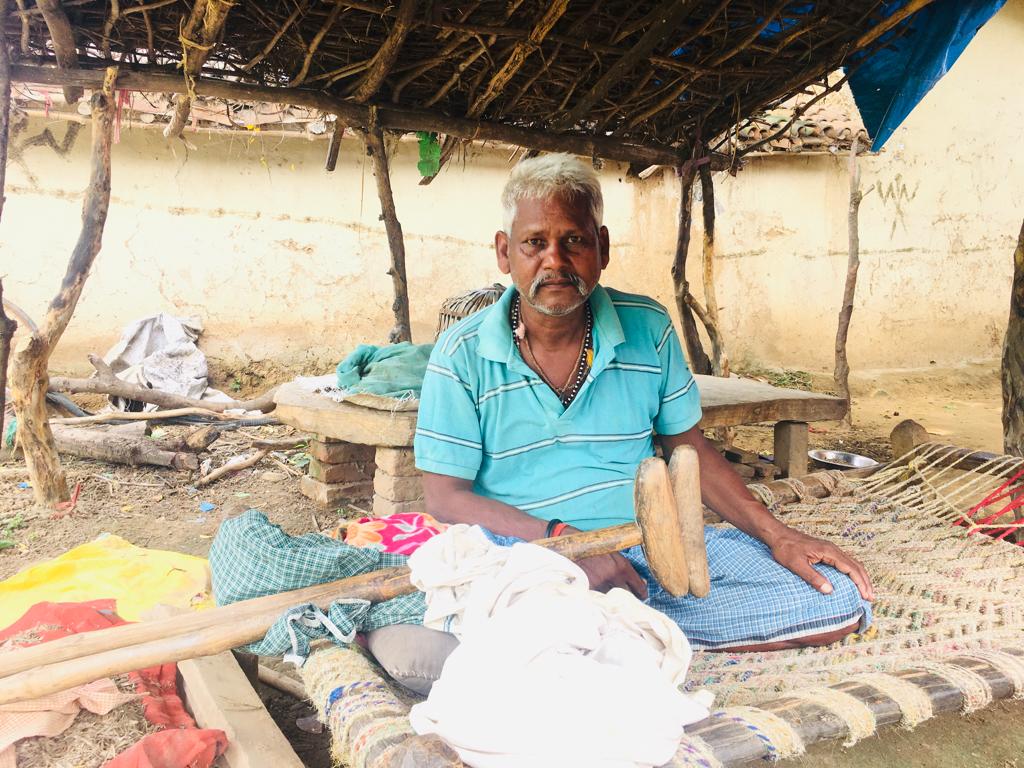The International Day of Persons with Disabilities is observed on 3 December every year. It was proclaimed in 1992 by the United Nations. The day aims to promote an understanding of disability issues. It also seeks to mobilize support for the dignity and rights of persons with disabilities.
Including persons with disability in all aspects of political, social, and economic life is an important part of sustainable development. The 2030 Agenda for Sustainable Development also promises to leave no one behind. Investing in fighting for the rights of persons with disabilities is an investment.
Theme for this year
The theme for this year is “Leadership and participation of persons with disabilities toward an inclusive, accessible and sustainable post-COVID-19 world”. This is in sync with the sustainability and inclusion goal.
Why is inclusivity needed?
As per estimates by the Government of India, only about 50% of persons with disabilities are literate. Even fewer get a chance to study in an inclusive school. An exploratory study shows some findings about inclusivity for children. Some of its key findings are as follows:
Most of the children do not continue in inclusive schools due to lack of professional knowledge, peer/teacher acceptance, and quality support.
Many parents felt that the admission criteria in inclusive schools often leave out children with disabilities.
Many inclusive schools demand a higher fee from children with disabilities without giving any special facilities.
The teacher-student ratio in special schools is much better.
Bullying by peers and neglect by teachers is common.
How COVID-19 impacted persons with disabilities
Education in India and across the world shifted online in 2020 with the onset of the COVID-19 pandemic. This was accompanied by a shift to online teaching and learning methods. This shift brought into sharp focus the unequal access to education and the growing digital divide.
The impact of this shift on persons with disabilities was felt even further. While other children struggled but still managed to cope with online classes, it is not surprising if children with disabilities found it harder to do so. It is important to keep in mind that their schooling is not restricted to just books and extracurricular activities. Various therapies are also included in their education.
Smile Foundation’s contribution for persons with disabilities
Smile Foundation has been working with persons with disabilities since many years. Sushma, who works at a centre in Odisha shares her experience of working with such special children during the peak of the pandemic.
“For our residential students, we were providing all the services even during lockdown. We were going door-to-door to children in the community. During these campaigning sessions, we made the children and their families aware of the protocols they need to follow during the pandemic.”
Not only this, all the local-level workers attended capacity-building sessions to help them adapt and deal with the challenges of managing their work during the pandemic. Thus, they were able to continue the physical and occupational therapy as well as social education of the children.









